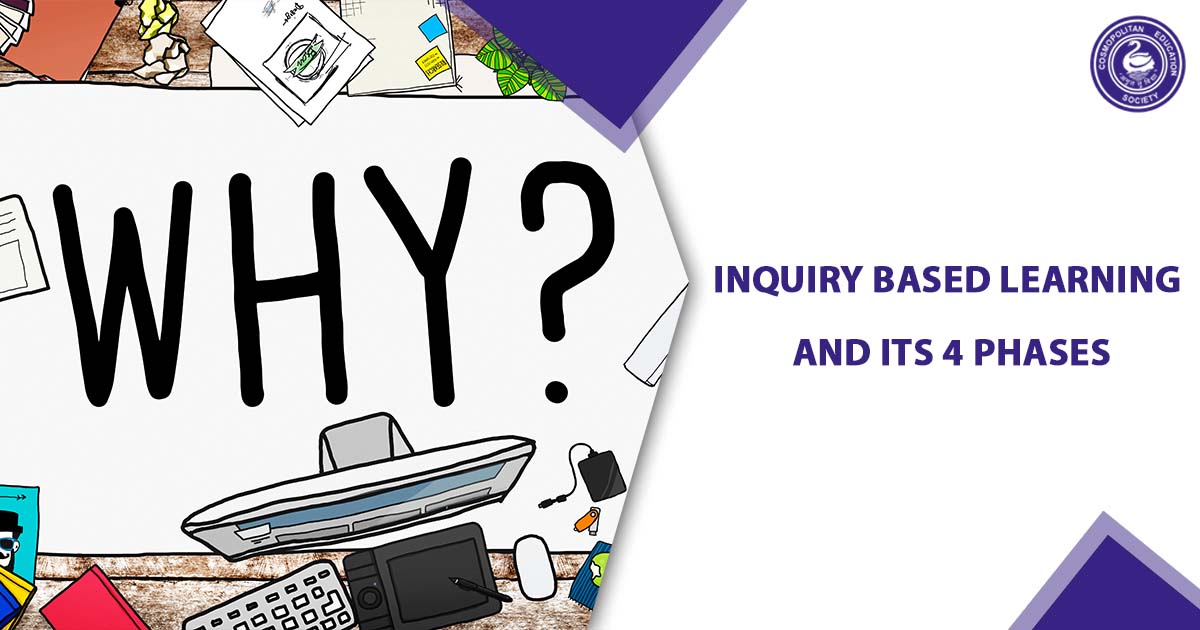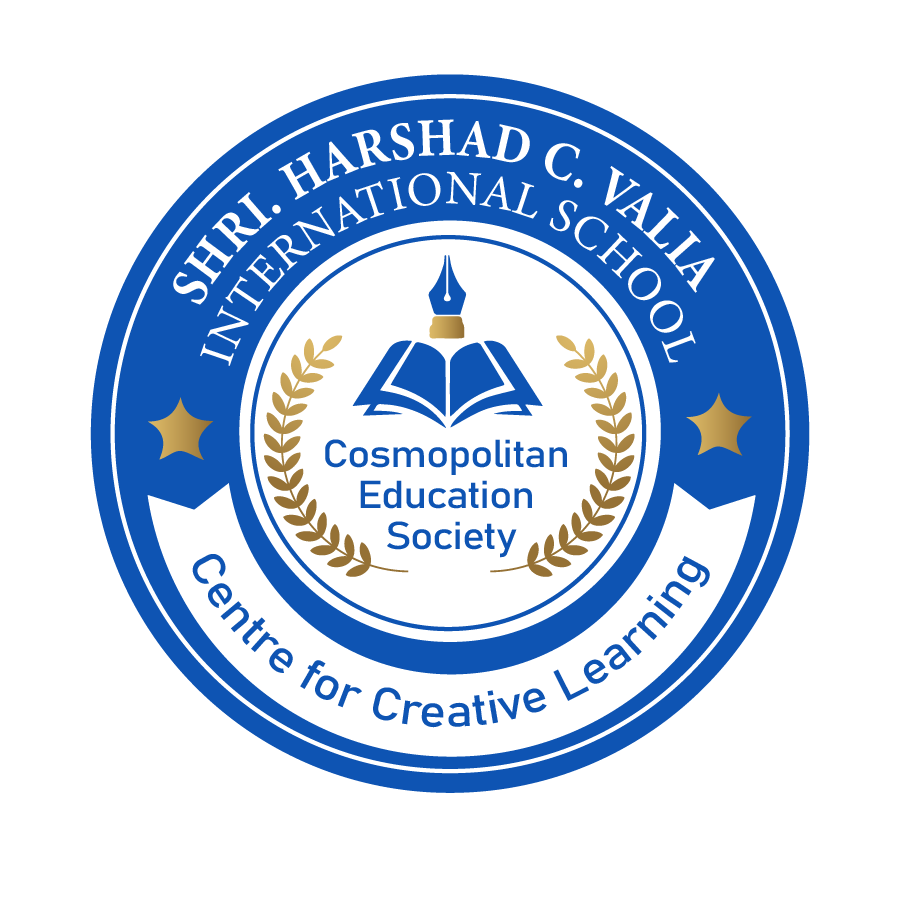
Inquiry-Based Learning and its 4 Phases
Before we deep dive into Enquiry Based Learning let us first get clarity on What it is.
What is Enquiry-Based Learning?
EBL is nothing but creating an environment in which learning is driven by process of enquiry that is owned by the students and not the teacher.
Enquiry-based learning is just not about asking students what they want to know. It’s all about how a teacher triggers a curiosity within and outside the classroom. More complex than information delivery a teacher is responsible to activate a student’s curiosity.
Teachers who utilize this style of learning combat the “dunno” – a chronic problem in students nowadays.
Benefits of Enquiry-Based Learning:
– The process is essentially student-centric, with an added focus on group Learning. It also encourages the utilization of resources like library books and online material.
– The teacher’s role here is more like a facilitator. This not only provides encouragement to students to take learning responsibility but also supports them to learn through enquiry.
– In an enquiry-based learning set-up, students are not just investigating by asking questions but can construct their own research titles giving them ample space for thought and reflection.
– Students gain a lot more than just a clearer understanding of the subject. Complex skills needed for the real world can be mastered through enquiry-based learning. E.g: Leadership skills are required for tackling complex corporate and personal problems that occur in the real world.
4 phases of Enquiry-based learning:
Enquiry Based Learning has 4 major steps, it commences with Interaction followed by Clarification, Questioning and concludes with Design.
Phase 1: Interaction
Interaction mainly fosters engagement of relevant and beneficial media to identify a “need” or opportunity for enquiry.
Tone: Open-minded, Curious and Playful
The nature of inquiry in the interaction stage is ideally both curiosity-based and flowing. Traditional school work can hamper the inquiry learning process i.e. Narrow criteria, restrictive rubrics, and other traditional learning artifacts. The main focus of the teacher or the facilitator is on the resources that aid curiosity, and cognitive approach to learning.
Phase 2: Clarification
Summarizing and categorizing data as well as understanding with the teacher or expert support.
Tone: Reflective, Independent, Discreet and more Focused.
This happens not only by structuring data but also by identifying and clarifying delusions. After going through various writing, auditory and visual media, the clarification stage (as the name suggests) revolves around students clarifying both their own thought processes as well as the nature of things around them.
Phase 3: Questioning
Asking questions pertaining to a respective topic to drive continued and self-directed inquiry.
Tone: Creative, Confident and Independent.
This questioning phase is a critical phase in the inquiry-based learning process. Its aim is to clear misunderstandings, boost organization skills, build confidence and encourage the ability to see the bigger picture.
Phase 4: Design
Designing a usable, compatible, and curiosity-driven action or product to conclude and justify inquiry.
Tone: Innovative, calculative and reasonable.
At this final stage of the inquiry-based learning process, learners are focused on the below-mentioned designs.
– Design of solutions to address problems within a respectable scale
– Design of logical and curiosity-based applications of current understanding within the group
– Design of next steps to extend their own learning journey
Summary:
Enquiry-based learning motivates students to generate the ability to critically analyse and then think about solutions to a given problem. Problem-solving and Critical Thinking are unavoidable educational values that students will need as essential life skills in the future. Over and above other learning styles, this learning method boosts students’ ability to Question and seek clarification through research and collaboration.
At Harshad Valia International School, Children leave with a confident and curious mindset making them flourish in whichever field they choose further.
